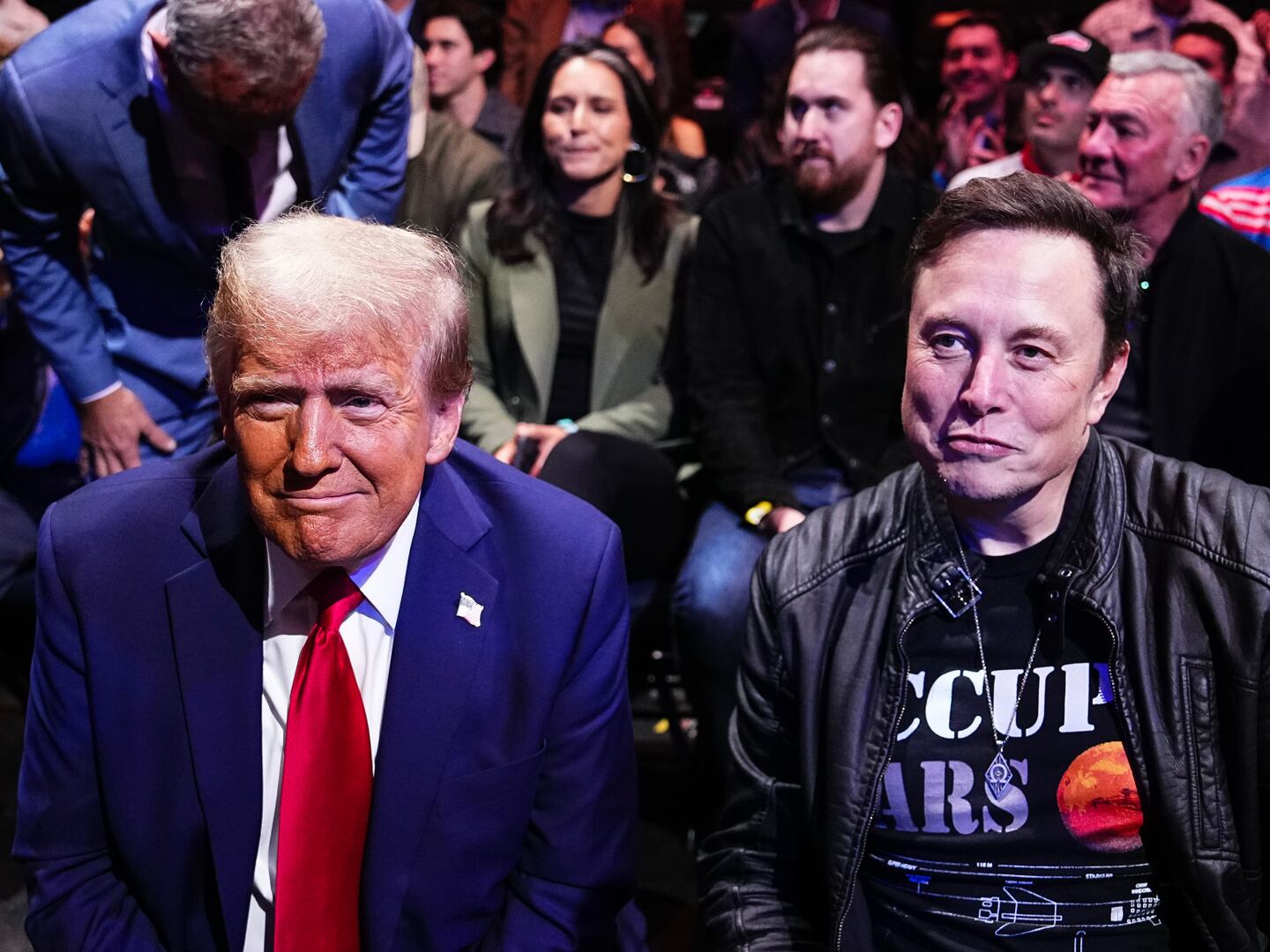Archive
Scott Eells / Bloomberg via Getty Images
In Vice Presidential Debate, Joe Biden Perfects Art of the Smirk
2012 Vice Presidential Debate
How Joe Biden’s unprecedented performance broke new ground for politicians and television. By Lee Siegel.






